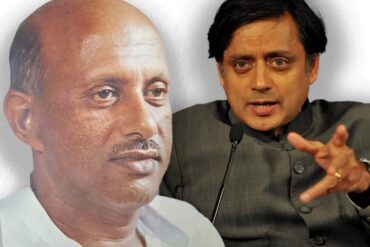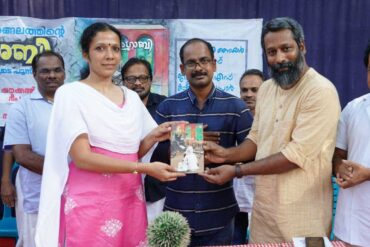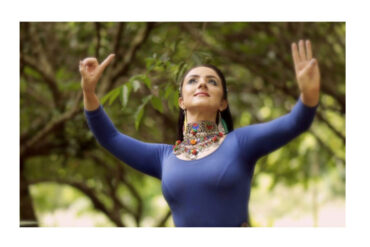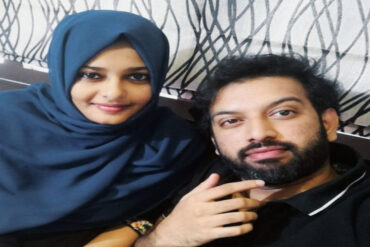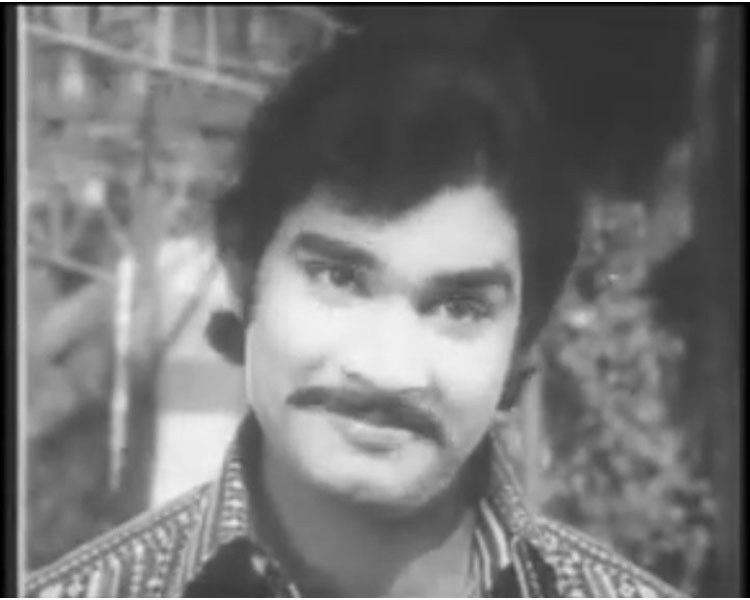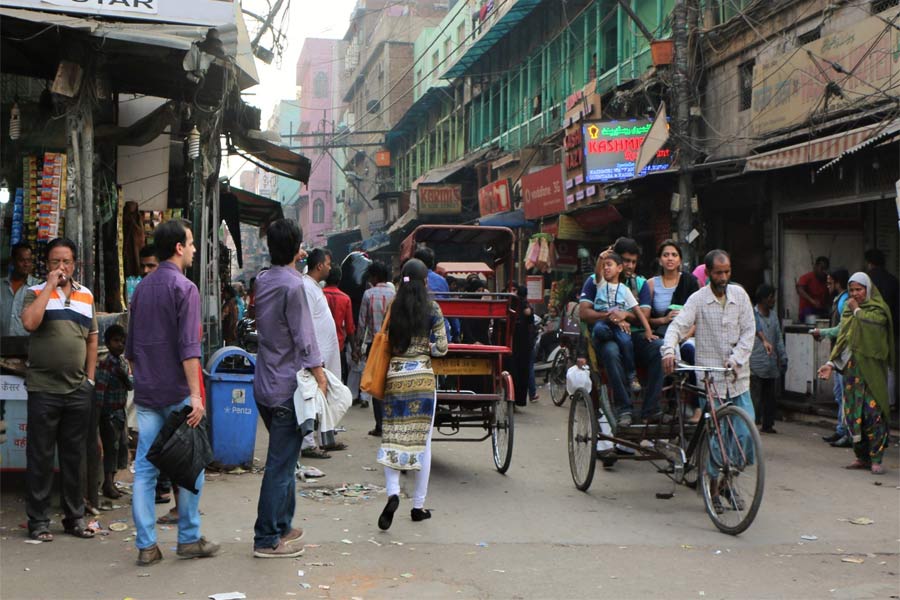“Nee oru vasantham, ente manasa sugandham...”
This melodious composition from the Malayalam film Beena (1978) had a young Sathar wooing the then reigning queen of Malayalam cinema—Jayabharathi. When Sathar, who was only a few films old in the industry, seemed nervous filming the romantic scenes, it was Jayabharathi who saw to it that he was comfortable, and they hit it off right away. The duo would go on to tango in a couple more films till they eventually tied the knot the following year, 1979. More on that later…
Sathar, born Abdul Khadar Sathar in 1952 in Kadungalloor was a final year post-graduate history student at Union Christian College, Aluva when he applied to a casting call advertisement in a newspaper. As luck would have it, Sathar was cast as the lead in the film Anavaranam (1976), directed by the legendary A Vincent. The film was a hit and so was his next, Yatheem (1977). Sathar’s entry into Malayalam cinema coincided with that of Ravi Kumar, Ravi Menon and Jose, just as Soman and Sukumaran were emerging as the big stars. The likes of Sudhir, Raghavan, Vincent and Mohan were also around, along with the aging superstars Prem Nazir and Madhu.
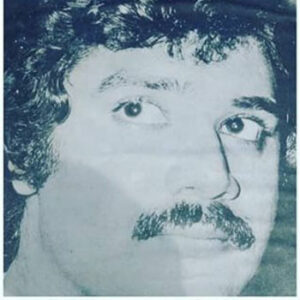 It wasn’t until 1979, when Sathar played the protagonist to Jayan’s antagonist in Hariharan’s blockbuster Sarapanjaram (1979), that he really emerged as a star in his own right. As Jayan became a superstar overnight with this film, Sathar could never reach those heights, although he continued to play the hero till 1983. The death of Jayan towards the end of 1980, with whom Sathar combined in many more films, and the emergence of the younger lot like Shankar, Mammooty and Mohanlal saw film-making in Malayalam undergoing a drastic change. The appetite of the discerning audience saw a radical change too.
It wasn’t until 1979, when Sathar played the protagonist to Jayan’s antagonist in Hariharan’s blockbuster Sarapanjaram (1979), that he really emerged as a star in his own right. As Jayan became a superstar overnight with this film, Sathar could never reach those heights, although he continued to play the hero till 1983. The death of Jayan towards the end of 1980, with whom Sathar combined in many more films, and the emergence of the younger lot like Shankar, Mammooty and Mohanlal saw film-making in Malayalam undergoing a drastic change. The appetite of the discerning audience saw a radical change too.
Although Sathar effortlessly transformed himself into a more natural actor as was demanded of him in the eighties, he had slipped from stardom by the end of 1982. By 1985, he was typecast as a villain, and after his separation from Jayabharathi in 1987, Sathar left Madras and was soon relegated to the fringes in Malayalam cinema. Though he continued to play negative roles through the nineties, when the epicentre of Malayalam film industry shifted from Madras to Kerala, there was no redemption for him. And, in the 2000s, he completely disappeared from the industry, barring a rare appearance here and there, and the odd Television soap.
It was Aashiq Abu’s 22 Female Kottayam (2012) which brought Sathar back to the mainstream after a long hiatus. Playing the character of DK, a sugar daddy, Sathar seemed poised to make a comeback in a big away—not to be for he developed health issues and had to undergo a surgery in 2013. Since then, Sathar remained largely forgotten till his death made headlines last week.
A veteran journalist of Nana film magazine and friend of the actor reminisced: “Sathar was a thorough gentleman. He was a shooting star who enjoyed fleeting stardom before his life completely fell apart. He lived with dignity through the lows. Sathar was a great conversationalist and I used to enjoy talking to him. He had come to terms with his life and he would often sound very philosophical. He was a voracious reader too.”
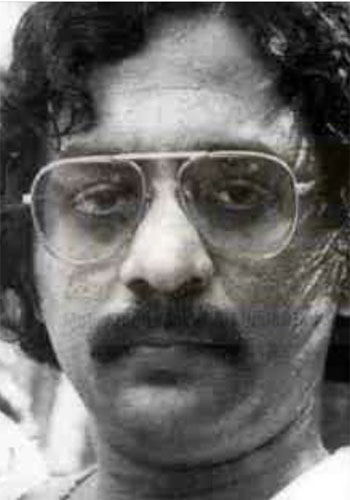
In many ways, it is his marriage to actress Jayabharathi that came to define Sathar’s life. It was Jayabharathi’s second marriage—the first one was with the much-married and influential (film producer) Hari Pothan, which lasted barely a year. The Sathar-Jayabharathi marriage was probably the first star-wedding in the Malayalam film industry, and it had evoked mixed reactions back then. The marriage was also probably Jayabharathi’s idea of escaping the clutches of Hari Pothan, who continued to be associated with her even after their break-up in 1974, so much so that Jayabharathi was cast as the heroine in every single movie produced by Pothan from Karakanakkadal to Alavudeenum Adbhuthavilakkum (1979), till she married Sathar.
In an interview to Mangalam in 2012, Sathar elaborated on the circumstances of his marriage to Jayabharathi. “I merely wanted to protect Bharathi (Jayabharathi). She needed the protection of an able-bodied man back then. When she narrated to me the story of her life, I thought we could trust each other. She was the one to take the initiative that eventually brought us close. She must have thought that I was a good guy who would take good care of her.” And Sathar was definitely ‘able-bodied’, standing tall at six feet plus, and they made quite an unusual pair as Jayabharathi was among the shortest of heroines to grace Malayalam cinema.
Sathar had opened up many times later on how he and Jayabharathi were thoroughly incompatible as partners and different in their worldview. But in the same breath he would also rue how petty egos and minor issues caused their separation. “That I had given Jayabharathi a life would always dominate my thought process back then. Our marriage would have survived if we had talked it out but alas….” Sathar had said in the interview.
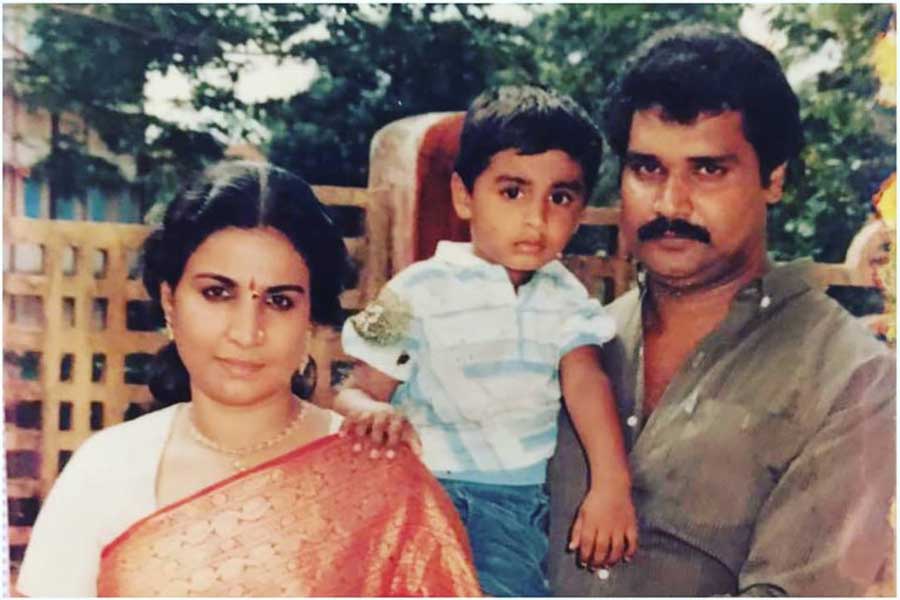
The Nana journalist, who did not want to be named, added: “In the climax scene of Neelathamara (1979), directed by Yusufali Kechery and written by M T Vasudevan Nair, Sathar’s character symbolically offers his hand to his “murappennu” kunjimalu, played by Ambika, after she is cheated by the hero, played by Ravi Kumar. That same year, Sathar tied the knot with Jayabharathi in real life…”
Sathar is survived by his son Krish J Sathar, who acted in a couple of films in Malayalam and played the lead in the Tamil & Telugu remake of 22 Female Kottayam.

